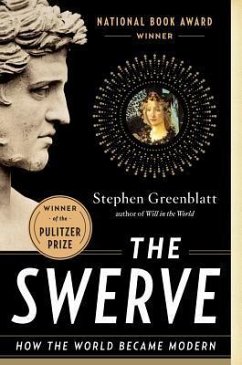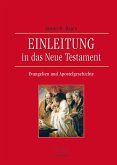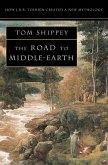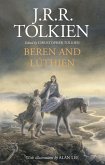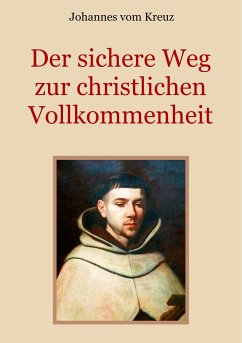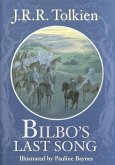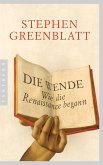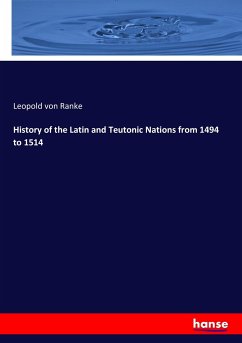For one thousand years, a poem about the material nature of the universe languished unread, almost completely forgotten. Then, in 1417, an unemployed papal secretary named Poggio Bracciolini went book hunting in a remote monastery. Stephen Greenblatts concise, learned and fluently written book tells this remarkable story of great cultural significance: the "swerve" known as the Renaissance.
Bitte wählen Sie Ihr Anliegen aus.
Rechnungen
Retourenschein anfordern
Bestellstatus
Storno

